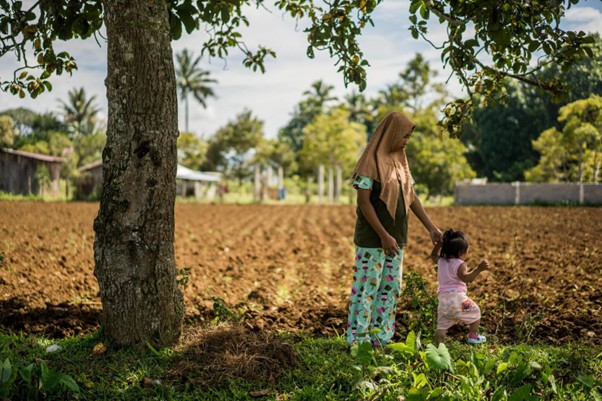CHILD marriage in the provinces of Tawi-Tawi and Sulu continues to affect the future and well-being of children that are driven by socio-cultural factors and poverty, based on the UNICEF Philippines’ CEFMU (Child, Early and Forced Marriage and Unions) Social Norms report on Oct. 7.
According to Rohannie Baraguir-Datumanong, child protection specialist at UNICEF Philippines Mindanao Field Office, one in six girls will be married before reaching the age of 18 years old.
Furthermore, there are many families that view early marriage as a way to avoid haram or ease their financial hardship.
“When children get married, most of them stop going to school. Girls, for instance, are often pressured to prioritize homework and take care of their families, and then boys are expected to work to support the family. By dropping out of school, these children also lose opportunities to learn, develop skills, and explore their dreams,” Baraguir-Datumanong said.
In 2021, the Bangsamoro Women Commission (BWC) estimated that 88,600 girls had been married before turning 18 years old. The prevalence is around 15 percent before age 18 and two percent before age 15 based on a survey conducted by Plan International and the Women’s Refugee Commission.
The Philippines ranked as the 12th country in terms of the absolute number of child marriages in the world.
A study commissioned by UNICEF and supported by the Australian Government Department of Foreign Affairs and Trade presented key findings and sheds light on the serious matter of child marriage in the two provinces of BARMM.
The research was conducted in the capitals of Jolo in Sulu and Bongao in Tawi-Tawi, and it identified the cultural and religious norms as well as ineffective enforcement of child protection laws in the areas that place children at risk of early pregnancy among girls, emotional and financial burden among boys, and children dropping out of school.
The study aims to address social issues and guide strategic actions that are aligned with the United Nations’ SDG 5 (Sustainable Development Goal) in achieving gender equality and empowering women and girls.
“In Mindanao, child protection is a vital pillar of peacebuilding and sustainable development. The area faces unique challenges, including a history of conflict, displacement, poverty, and socio-cultural practices that heighten children’s vulnerabilities. As a result, children there are at an increased risk of abuse, neglect, child marriage, adolescent pregnancy, and trafficking,” UNICEF Philippines chief of child protection Patricia Lim Ah Ken said during a virtual press briefing.
Photo courtesy of UNICEF



